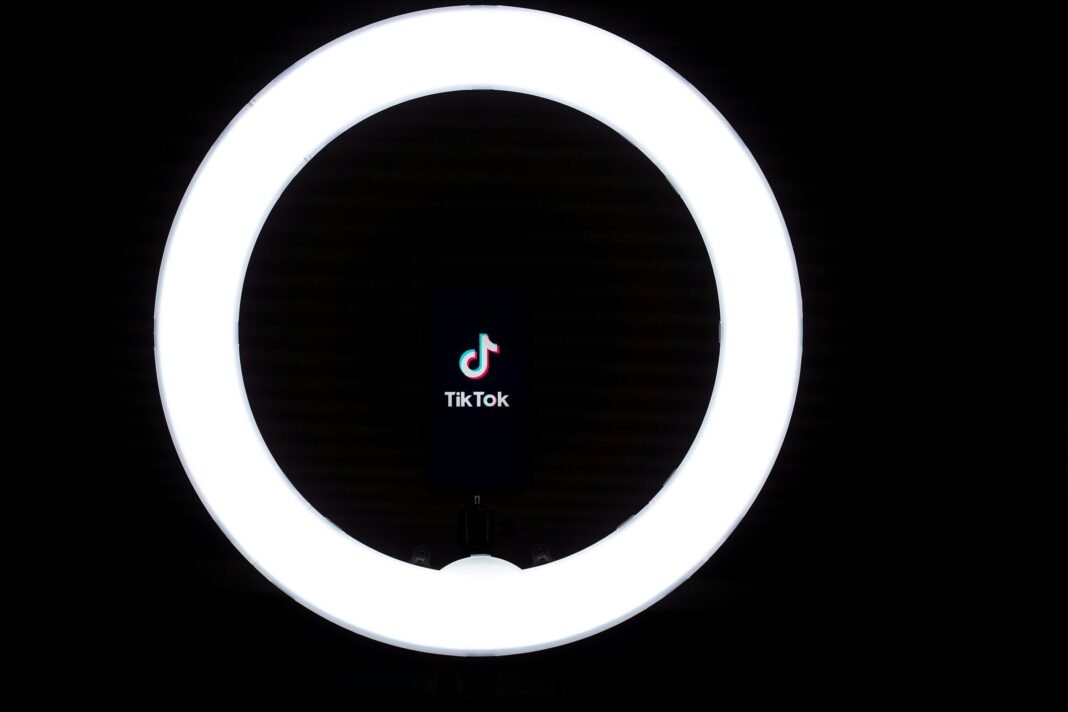A federal appeals court has ruled in favor of a law requiring TikTok to either sell its assets or face a nationwide ban. This decision brings the popular social media platform one step closer to being banned in the United States. The ruling is the latest chapter in the ongoing battle between TikTok and the US government. The app is owned by ByteDance, a Chinese company, which has led to concerns over national security.
Impact of the Law on TikTok
The law demands that ByteDance sell TikTok to a non-Chinese entity by January 19, 2025, or face a ban in the US. Judge Douglas Ginsburg, who authored the opinion, cited national security risks associated with China’s access to TikTok user data. He explained that the burden placed on TikTok’s millions of users stemmed from China’s national security threat, not actions taken by the US government.
TikTok has opposed the ruling, claiming that selling the app is “not possible technologically, commercially, or legally.” A company spokesperson, Michael Hughes, confirmed that TikTok plans to appeal the decision to the US Supreme Court. He stated that the ruling violates the free speech rights of over 170 million US users.
The Long Legal and Political Struggle
The conflict between TikTok and the US government has been ongoing for years. In April, President Joe Biden signed a bill into law that requires ByteDance to sell TikTok or face a ban by January 2025. In 2023, Montana became the first state to ban TikTok, but a judge blocked the law before it could be enforced.
TikTok filed a lawsuit in May challenging the law’s constitutionality. However, the appeals court upheld the law, ruling that the provisions targeting TikTok passed constitutional scrutiny. The judges explained that the law was carefully crafted to address national security concerns related to foreign influence.
The US government argues that TikTok poses a national security risk. Officials believe that China could use TikTok to collect personal data from US citizens or spread propaganda. However, no concrete evidence has been presented to support these claims. Lawmakers also fear that China could influence the content users see on the platform.
Representative Josh Gottheimer, a Democratic congressman from New Jersey, expressed concerns over TikTok’s impact on American families. He described it as an “information invasion,” particularly targeting children.
Opposition from Civil Rights Groups
Several civil rights organizations, including the ACLU, Electronic Frontier Foundation, and Center for Democracy and Technology, have opposed the TikTok ban. These groups argue that the law is unconstitutional and a form of censorship. They also believe that stronger privacy laws would offer better protection for user data than banning the app.
While TikTok is owned by ByteDance, the company insists that it operates independently from the Chinese government. TikTok has headquarters in Los Angeles and Singapore, not China. The company also claims that its user data in the US is handled by Oracle, an American technology company.
During oral arguments, Judge Sri Srinivasan raised concerns about the foreign ownership of TikTok and the potential for China to access data on US citizens. He suggested that forcing ByteDance to sell TikTok could resolve these national security concerns.
As TikTok’s legal battle continues, the future of the app in the US remains uncertain. The US Supreme Court’s involvement will be crucial in determining whether the law is upheld or if TikTok will be allowed to remain in the country. The outcome of this case could set important precedents for regulating foreign-owned tech companies in the United States.
